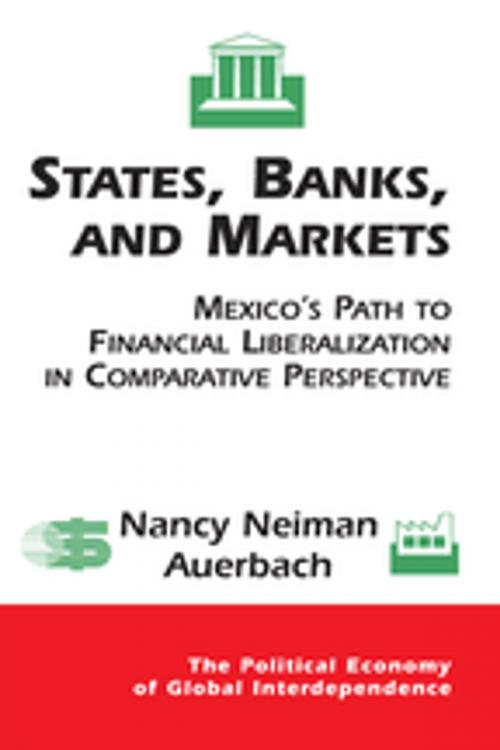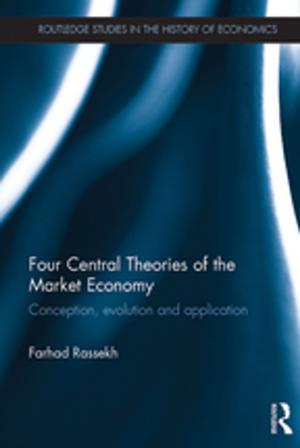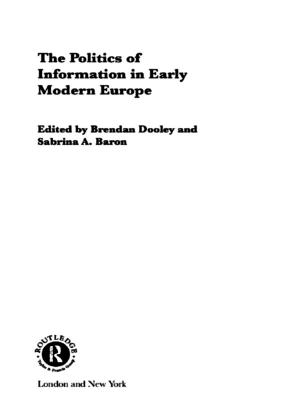States, Banks, And Markets
Mexico's Path To Financial Liberalization In Comparative Perspective
Nonfiction, Social & Cultural Studies, Political Science| Author: | Nancy Auerbach | ISBN: | 9780429976797 |
| Publisher: | Taylor and Francis | Publication: | March 5, 2018 |
| Imprint: | Routledge | Language: | English |
| Author: | Nancy Auerbach |
| ISBN: | 9780429976797 |
| Publisher: | Taylor and Francis |
| Publication: | March 5, 2018 |
| Imprint: | Routledge |
| Language: | English |
In States, Banks, and Markets Nancy Neiman Auerbach approaches financial policymaking as a strategic interaction between two sets of domestic actors: private financiers and state officials. Through a comparative lens, Auerbach explains why the transition to financial liberalization was accompanied by economic crisis and declining growth rates in countries such as Mexico, while the same policy was associated with higher growth rates and a relatively more equitable distribution of income in other countries such as South Korea and Hong Kong.Auerbach first sets up a theoretical foundation that underlies the comparative case studies, and she then follows with a detailed account of Mexico's transition to financial liberalization in the 1980s. The author systematically compares various countries' cases--Germany, South Korea, Hong Kong, Turkey--with Mexico as a means of underscoring the central and recurring themes illustrated by financial market politics in newly industrializing countries. The author then returns to her analysis of Mexico with an examination of the Mexican peso crisis in light of the recent financial crises in Asia. Auerbach not only demonstrates how the timing and duration of the liberalization process is the element differentiating the performance of newly industrializing countries (rather than financial liberalization itself), for she takes the analysis a step further by explaining the economic and political preconditions that put a country in the position to choose a reasonable reform path.
In States, Banks, and Markets Nancy Neiman Auerbach approaches financial policymaking as a strategic interaction between two sets of domestic actors: private financiers and state officials. Through a comparative lens, Auerbach explains why the transition to financial liberalization was accompanied by economic crisis and declining growth rates in countries such as Mexico, while the same policy was associated with higher growth rates and a relatively more equitable distribution of income in other countries such as South Korea and Hong Kong.Auerbach first sets up a theoretical foundation that underlies the comparative case studies, and she then follows with a detailed account of Mexico's transition to financial liberalization in the 1980s. The author systematically compares various countries' cases--Germany, South Korea, Hong Kong, Turkey--with Mexico as a means of underscoring the central and recurring themes illustrated by financial market politics in newly industrializing countries. The author then returns to her analysis of Mexico with an examination of the Mexican peso crisis in light of the recent financial crises in Asia. Auerbach not only demonstrates how the timing and duration of the liberalization process is the element differentiating the performance of newly industrializing countries (rather than financial liberalization itself), for she takes the analysis a step further by explaining the economic and political preconditions that put a country in the position to choose a reasonable reform path.















